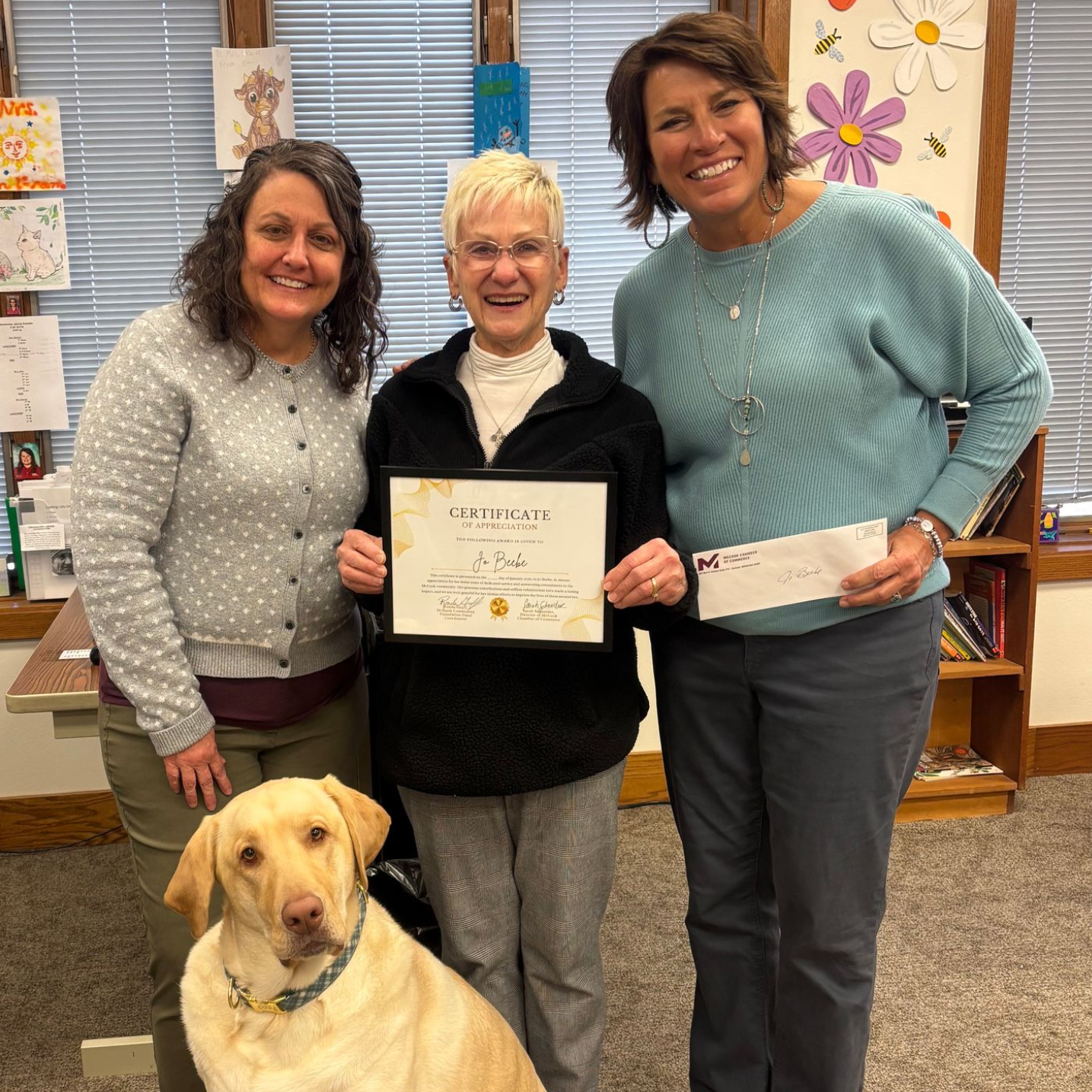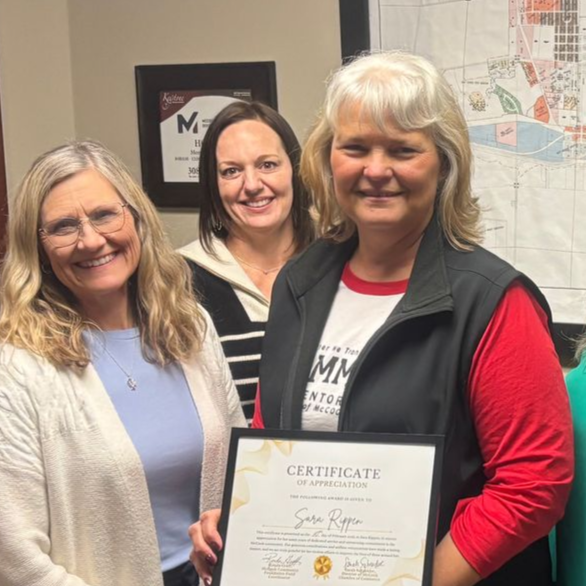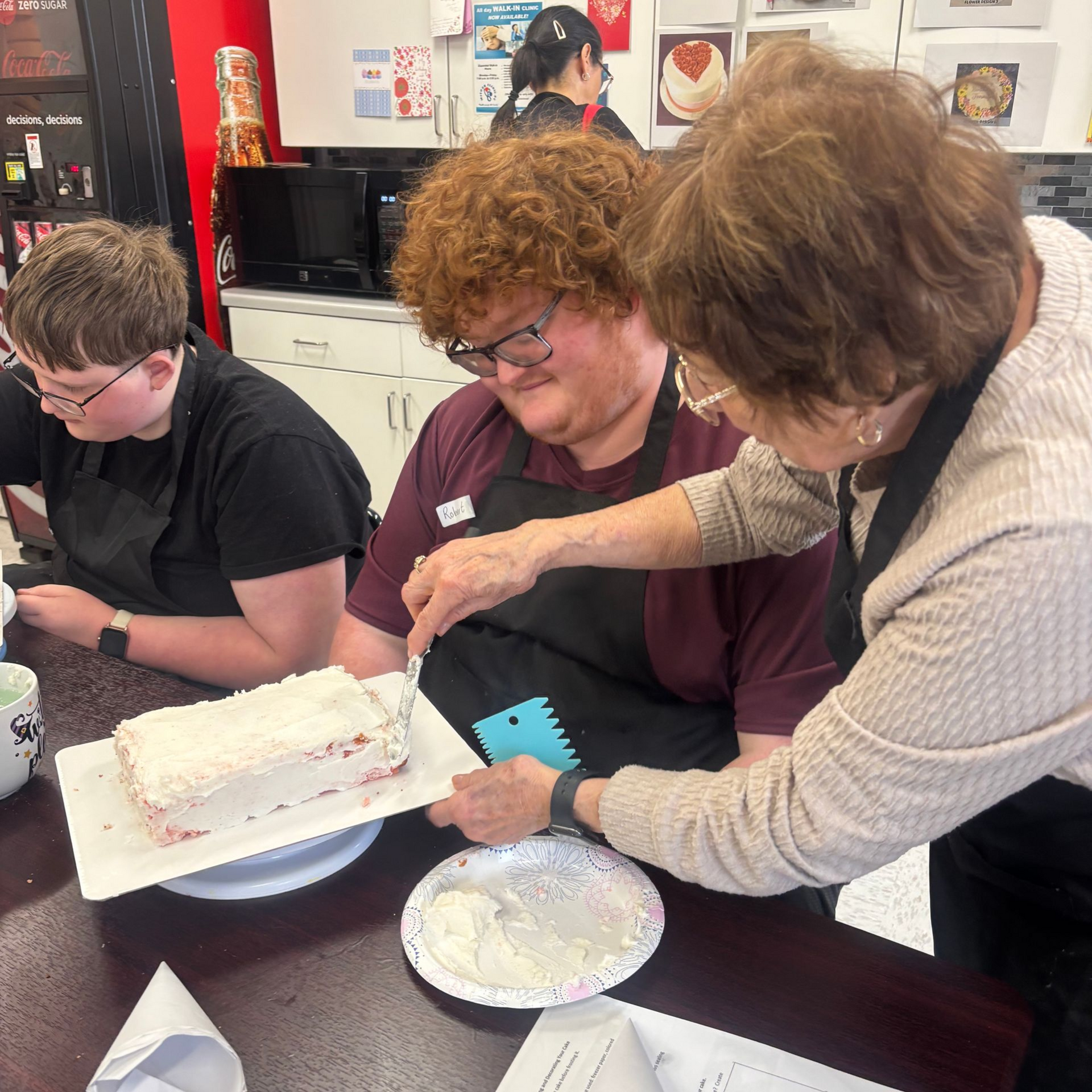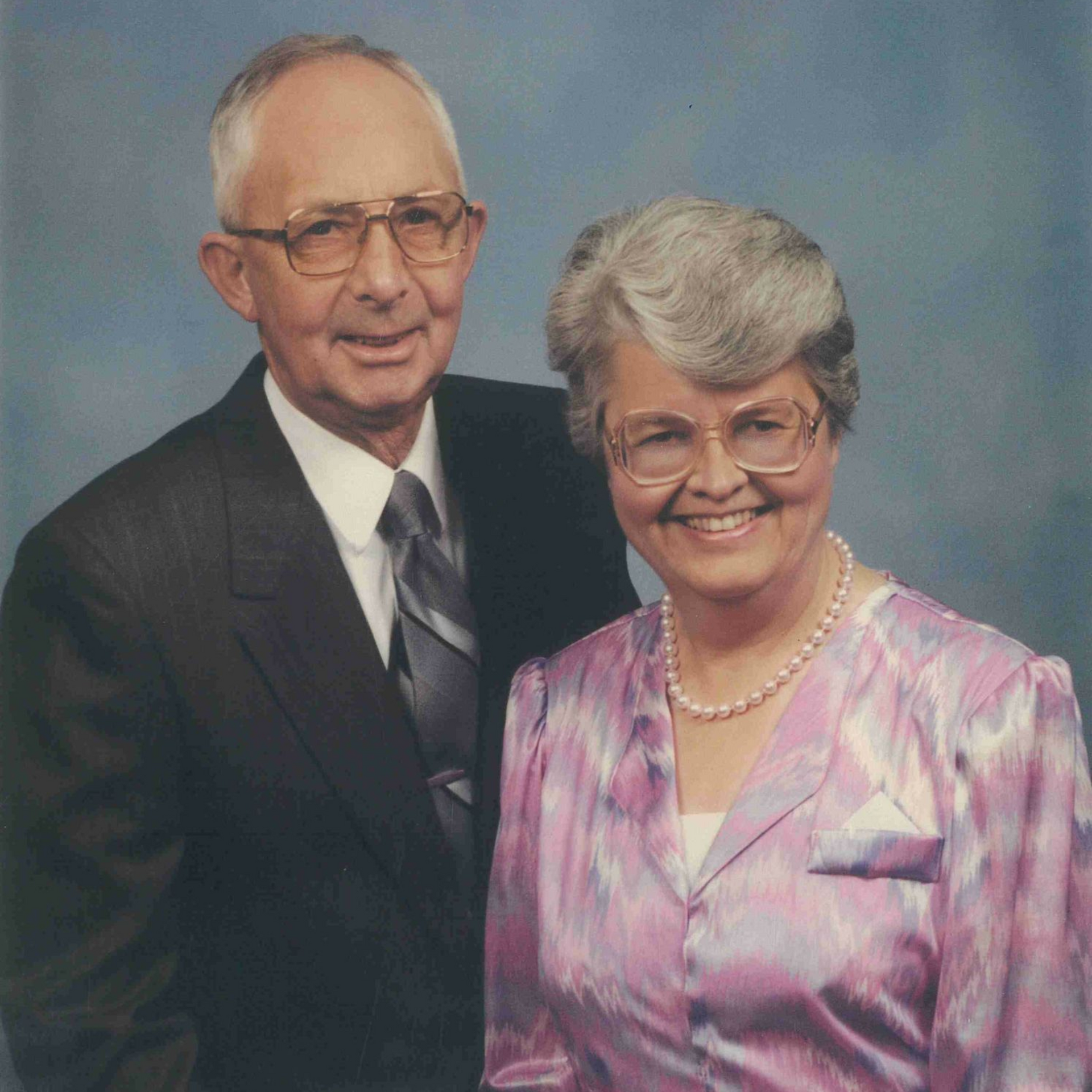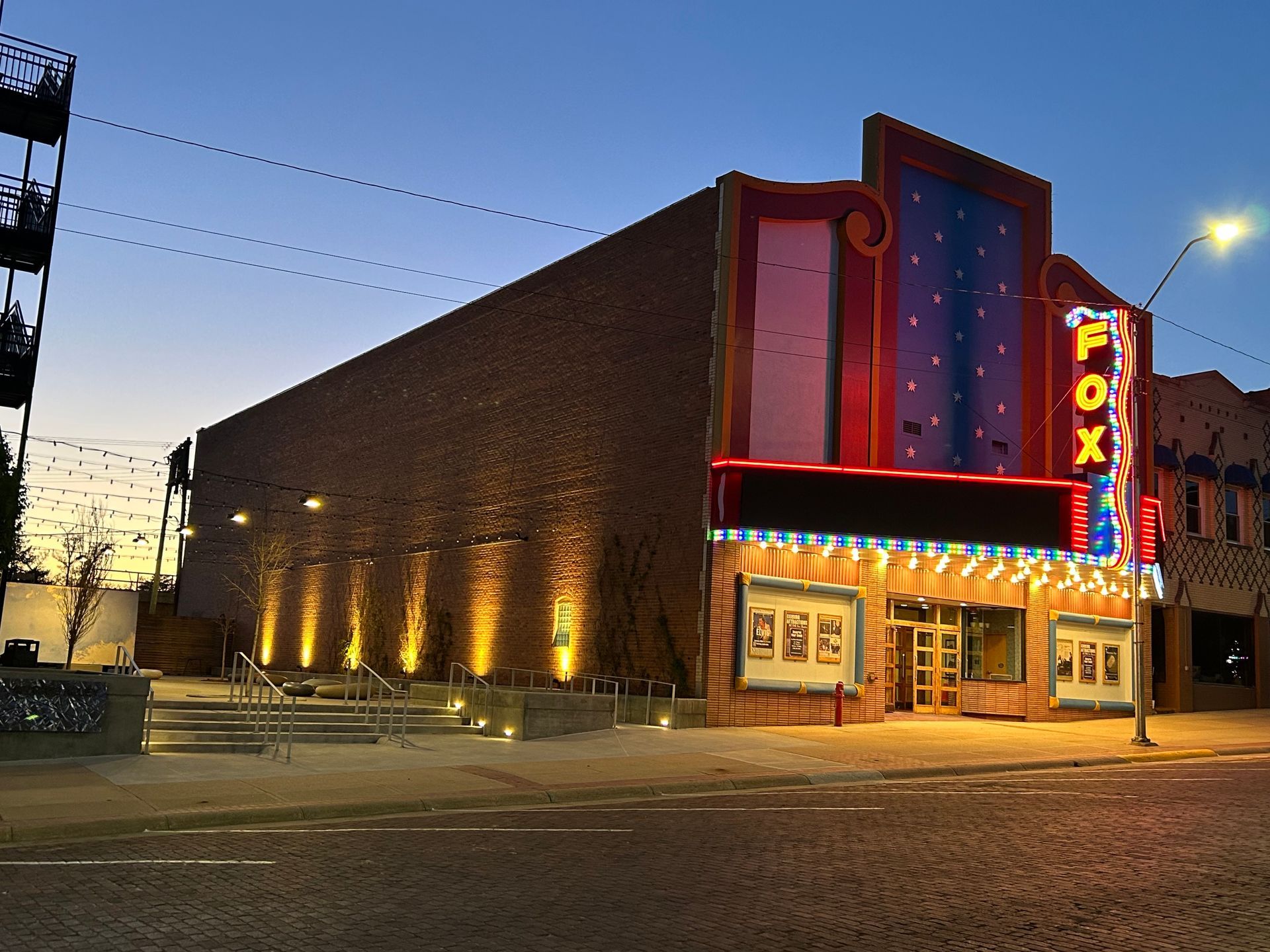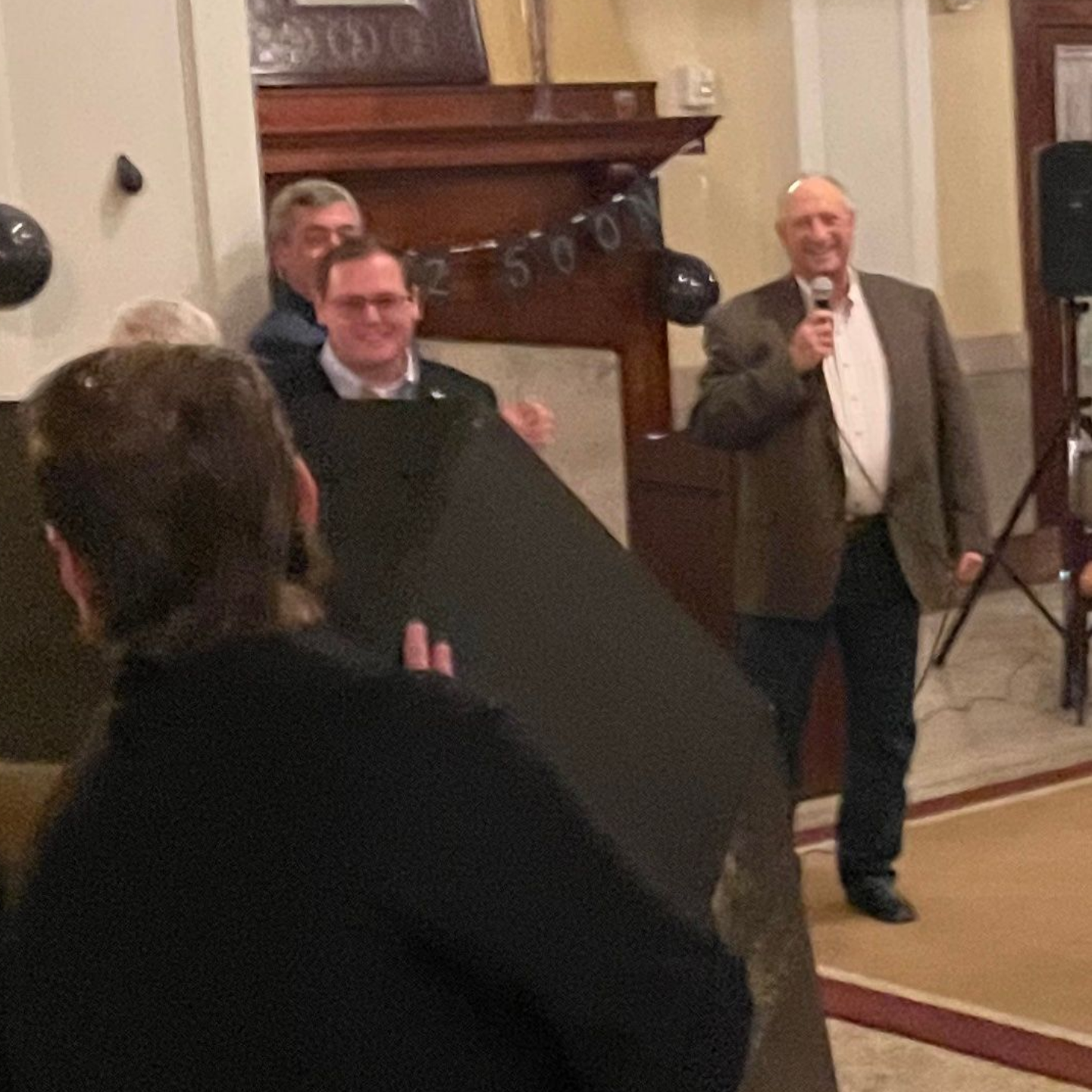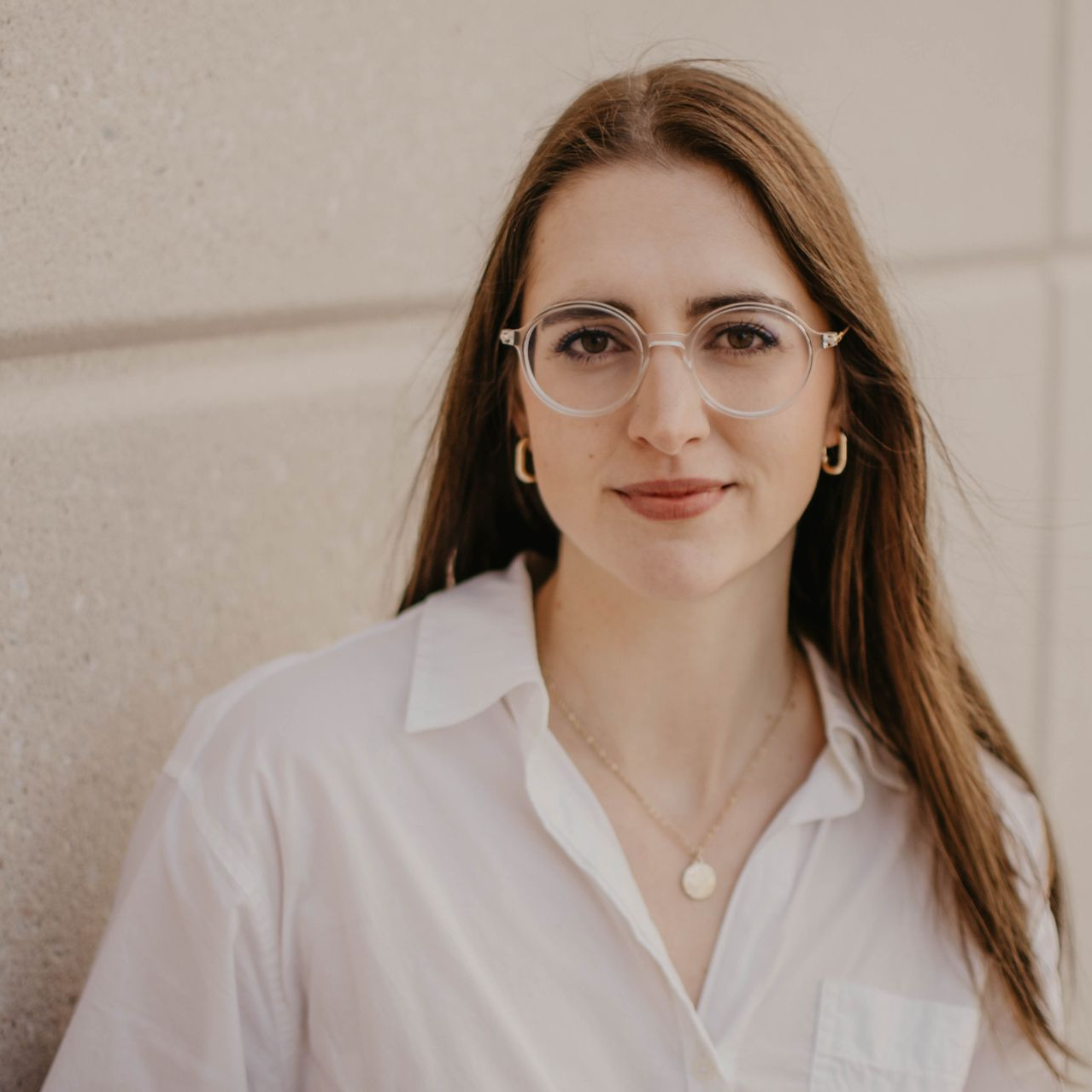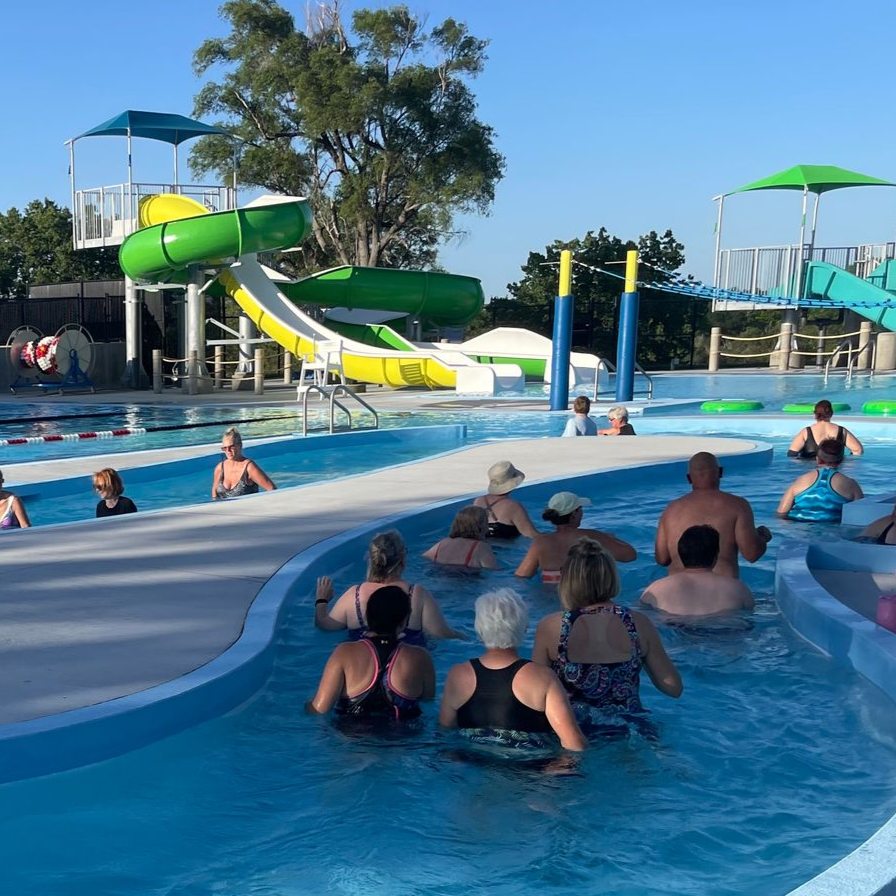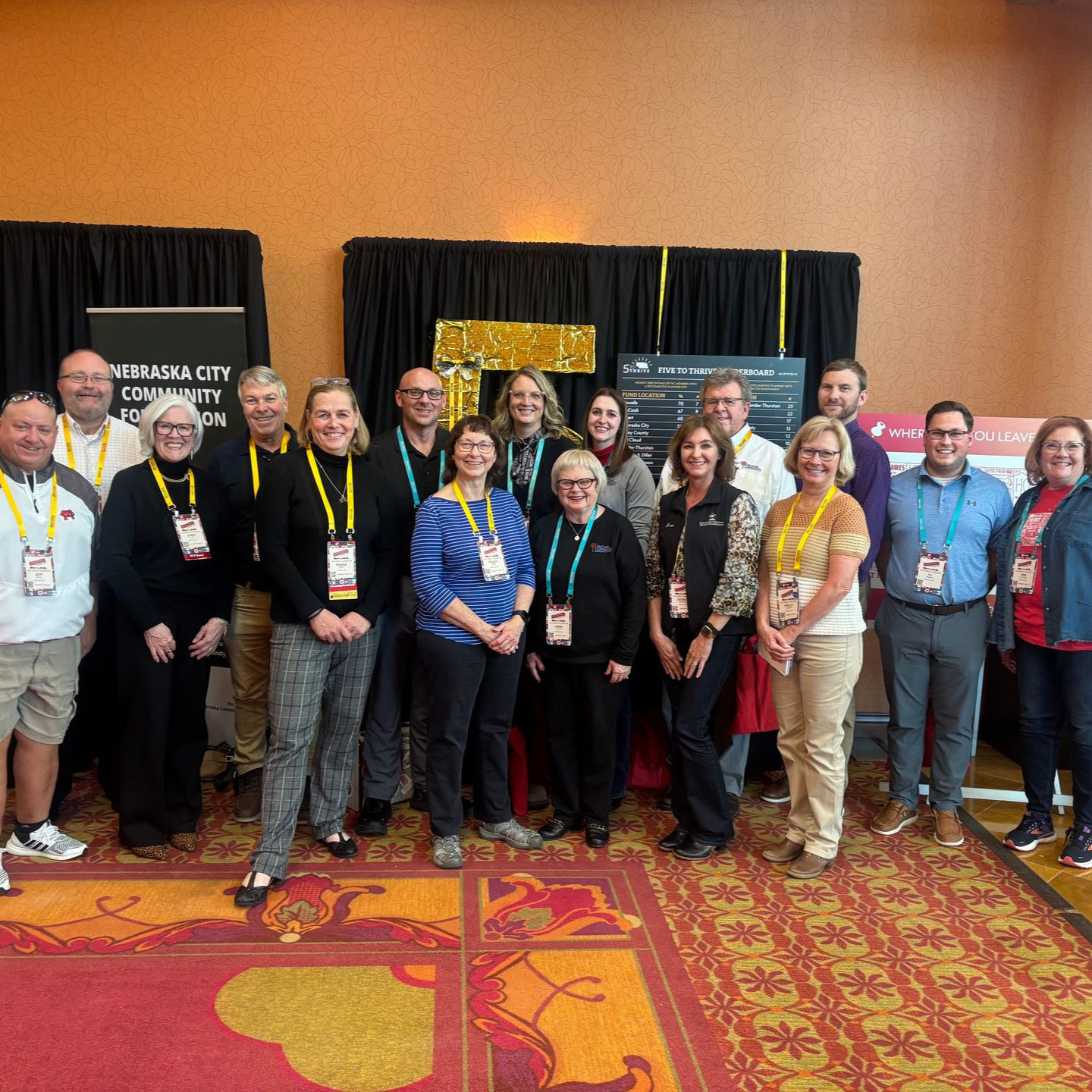Recognizing the Assets and Abundance in Your Community
One of the key philosophies of the Nebraska Community Foundation (NCF) is about looking at our community for its abundance – what it has – and not for its scarcity – what it is lacking. Where did this thought come from, and why is it important to NCF?
Several years ago, NCF had a close working relationship with John L. McKnight, a professor who studied and taught community organizing and building. After joining Northwestern University in Illinois, he created the Center for Urban Affairs and then later was a co-creator of the Asset Based Community Development Institute. His work was serious academic research followed by practical application in communities. His goal was to find what makes communities prosper and thrive – especially why some do and some don’t – and to provide a guide for others to replicate the successful communities.
He studied the writings of Alexis de Tocqueville in Democracy in America, in which Tocqueville proposed that the success of American society was from its many varied informal associations – the small, local citizen organizations of engaged volunteers. Key characteristics of these groups were: they were generally small, there was face-to-face knowledge of each other and the capabilities of each member, and the essential work of the group was performed by unpaid members (volunteers).
More importantly, these groups were taking on the power to define problems or goals for their communities; to create solutions or actions to achieve their goals; and to implement the solutions or actions.
Tocqueville called these people citizens and noted that they were taking power by making power through community action. They were taking ownership and pride in their communities and assuming the responsibilities required to build their hometowns.
NCF has adapted these concepts in how it works with and through its affiliated funds. NCF believes that only the citizens of a community know what it needs, and outsiders (government, organizations or even NCF) should only come if invited to assist but not to determine a plan of action.
Asset Based Community Development stresses that a community has all it needs to thrive, including the physical assets but, more importantly, its people. Citizens, with their unique gifts and expertise, their willingness to give of their time and talents, and their ability to give financial resources when needed are the true assets of a community. These citizens need to be invited to become engaged as a community to build their hometowns. Leadership is organically developed and broadly distributed through these associations of engaged citizens.
The Fund Advisory Committees (FAC) across Nebraska are NCF’s volunteer associations. The committees made up of dedicated volunteers have an overall view of the whole community, to look at what the community’s assets are, to dream about how to enhance and utilize these assets, to engage its citizens so that they offer their time and talents to better their community, and to collaborate with the other associations (including business, government and institutions) to move their community forward.
Your local FAC is the 12-member volunteer group of the McCook Community Foundation Fund (an NCF affiliated fund) along with a coordinator. NCF also has volunteer committees in Southwest Nebraska including Stratton, Imperial and Grant.
NCF recognizes that effective community development has three qualities: it is asset-based, internally-focused, and relationship-driven.
Why is this work even more crucial than ever? Because in the past three decades, we have seen a transition away from engaged citizens belonging to volunteer associations to build their hometown to disengaged residents giving up their power and expecting paid service providers (mostly government and human service organizations) to provide the social, educational, cultural, health and economic needs of the community.
The focus of abundance and asset-based communities can be explained as such:
When people discover what they have, they find power.
When people join together in new connections and relationships, they build power.
When people become more productive together, they exercise their power to realize dreams.
“This idea of co-creation is key to a satisfying life, which becomes possible when we join our neighbors to live and create a community that nurtures our family and makes us useful citizens.” John L. McKnight
For more information about the McCook FAC, visit the website www.mccookfoundation.org. If you are ready to become an engaged citizen, check out some of the local groups listed on the McCook Volunteers page of the website. If you are interested in being a member of the MCFF FAC, contact any FAC member or the coordinator, Ronda Graff. Let’s work together to build a great hometown and make McCook a better place to call home.
***
Although technically retired, Peggy Been serves as the secretary for the McCook Community Foundation Fund and is busier than ever by volunteering at St. Patrick Elementary cafeteria and caring for her dad and her grandchildren.
